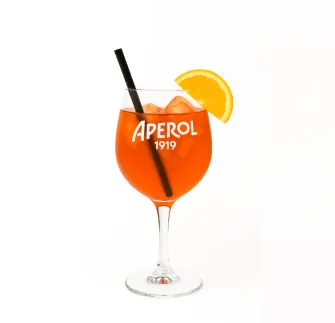 This and That
This and That
Lesson nineteen

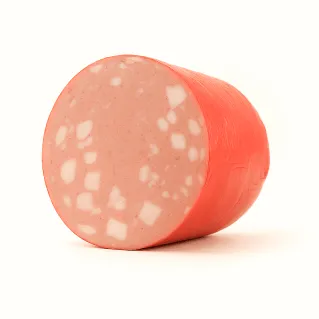
Lesson eighteen
Adjectives such as good, bad, big, or beautiful allow us to describe people, objects, and situations in more detail. In Italian, adjectives are an essential part of everyday communication, but they follow grammatical rules that are different from English.
One of the most important things to remember is that Italian adjectives must agree with the noun they describe in both gender (masculine or feminine) and number (singular or plural). This guide will help you understand how adjective agreement works, how adjective endings change, where adjectives are placed in a sentence, and how to use comparatives and superlatives correctly.
In Italian, adjectives usually come after the noun. Unlike English, where adjectives never change form, Italian adjectives must match the gender and number of the noun they describe.
Examples:
La stanza grande
The big room
Il gatto nero
The black cat
and they must match the gender and number of the noun.
Silvia è una bella ragazza.
Silvia is a beautiful girl.
Nicola è un bel ragazzo.
Nicola is a handsome boy.
Nicola e Silvia sono belli.
Nicola and Silvia are beautiful.
Claudia e Giorgia sono belle.
Claudia and Giorgia are beautiful.
Most adjectives fall into three categories based on their endings: -o, -e, or -a. Here's how each type changes:
These follow the most regular pattern:
| Singular | Plural |
|---|---|
| Masculine: -o | -i |
| Feminine: -a | -e |
Example: bello (beautiful)
il ragazzo bello i ragazzi belli
la ragazza bella le ragazze belle
Another Example: italiano
italiano italiana italiani italiane
These do not change in the feminine singular. In the plural, both masculine and feminine change to -i.
| Singular | Plural |
|---|---|
| Masculine/Feminine: -e | -i |
Example: felice (happy)
il ragazzo felice i ragazzi felici
la ragazza felice le ragazze felici
Another Example: triste (sad)
triste tristi
These behave similarly to those ending in -e in the singular, but differ in the plural:
Gender
| Gender | Singular | Plural |
|---|---|---|
| Masculine | -a | -i |
| Feminine | -a | -e |
Example: ottimista (optimistic)
Luca è ottimista.
Luca is optimistic.
Anna è ottimista.
Anna is optimistic.
Luca e Anna sono ottimisti.
Luca and Anna are optimistic (masculine plural).
Anna e Silvia sono ottimiste.
Anna and Silvia are optimistic (feminine plural).
Another Example: egoista
egoista egoisti egoiste
Note: If the group includes both genders, use the masculine plural.
Luca e Anna sono ottimisti.
Luca and Anna are optimistic.
Most adjectives come after the noun, but some can also go before, and in certain cases, the position changes the meaning.
Caro
un appartamento caro
an expensive apartment
una cara amica
a dear friend
Povero
un uomo povero
a poor man (no money)
una povera ragazza
a poor girl (unlucky, unfortunate)
Some adjectives undergo orthographic changes in the plural to preserve pronunciation.
saggio saggi, saggia saggie
vecchio vecchi, vecchia vecchie
Mia nonna è molto saggia.
My grandmother is very wise.
Questo film è vecchio.
This movie is old.
liscio liscia, lisci lisce
To keep the hard sound, add -h in the plural:
stanco stanchi, stanca stanche
largo larghi, larga larghe
Io e le mie amiche siamo stanche.
My friends and I are tired (feminine plural).
Questi pantaloni sono troppo larghi.
These pants are too wide.
Exception: greco greco, greca, greci, greche
magnifico magnifica, magnifici, magnifiche
simpatico simpatica, simpatici, simpatiche
Le mie amiche sono delle persone magnifiche.
My friends are magnificent people.
Loro sono delle ragazze simpatiche.
They are nice girls.
Comparatives are used to compare two things. In English, we use more than, less than, or as...as depending on the relationship between the two things. Italian follows a similar pattern.
Roma è più grande di Milano.
Rome is bigger than Milan.
Giulia è più alta di Anna.
Giulia is taller than Anna.
Il cinese è più difficile dell'italiano.
Chinese is more difficult than Italian.
Questo libro è più interessante di quello.
This book is more interesting than that one.
Milano è meno grande di Roma.
Milan is less big than Rome.
La mia macchina è meno veloce della tua.
My car is less fast than yours.
Questa pizza è meno buona di quella.
This pizza is not as good as that one.
Roberto guadagna meno di Alessandro.
Roberto earns less than Alessandro.
Anna è alta come Francesca.
Anna is as tall as Francesca.
Il mio appartamento è grande come il tuo.
My apartment is as big as yours.
You can also use tanto...quanto, though it's less common in everyday speech. In this case, tanto is optional:
Anna è alta tanto quanto Francesca.
Anna è alta quanto Francesca.
Il mio appartamento è tanto grande quanto il tuo.
Note: When using pronouns with come or quanto, use stressed pronouns:
Anna è alta come me.
Anna is as tall as me.
Lorenzo lavora tanto quanto lui.
Lorenzo works as much as he does.
To express the superlative the most or the least, add the definite article il, la, etc. before the comparative form.
Roma è la città più grande d'Italia.
Rome is the largest city in Italy.
Lui è l'uomo più ricco del paese.
He is the richest man in the country.
Il più grande fiume d'Europa è il Volga.
The largest river in Europe is the Volga.
Questo è il piatto più costoso del ristorante.
This is the most expensive dish in the restaurant.
Lei è la meno simpatica dei miei colleghi.
She is the least friendly of my colleagues.
Quello a destra è il meno alto dei due edifici.
The one on the right is the shorter of the two buildings.
Io sono la meno giovane della mia famiglia.
I am the least young in my family.
Questo è il prodotto meno costoso di tutti.
This is the least expensive product of all.
Buono (Good): migliore (better), il migliore (the best)
Il clima al sud è migliore che al nord.
The climate in the south is better than in the north.
Marco è il migliore giocatore della squadra.
Marco is the best player on the team.
Cattivo (Bad): peggiore (worse), il peggiore (the worst)
Questo film è peggiore di quello.
This movie is worse than that one.
Questa è la situazione peggiore.
This is the worst situation.
Grande (Big): maggiore (greater), il maggiore (the greatest)
La differenza è maggiore di quanto pensassi.
The difference is greater than I thought.
Lui è il maggiore di tre fratelli.
He is the eldest of three brothers.
Piccolo (Small): minore (lesser), il minore (the least)
Il problema è minore di quanto sembri.
The problem is less serious than it seems.
Lui è il minore della famiglia.
He is the youngest in the family.
 This and That
This and That
Lesson nineteen
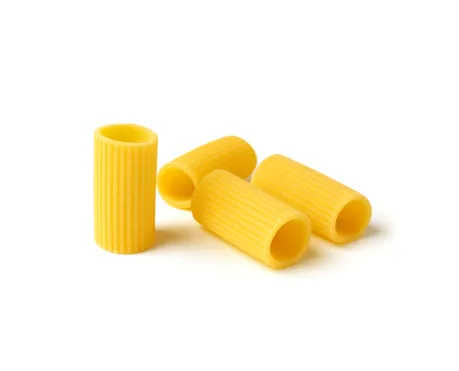 How old are you?
How old are you?
Lesson twenty
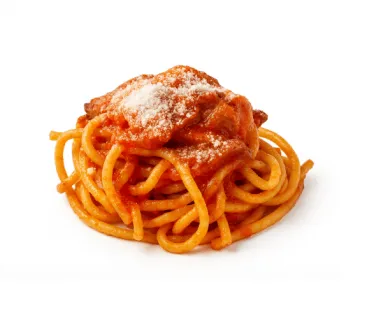 Present progressive
Present progressive
Lesson twenty-one
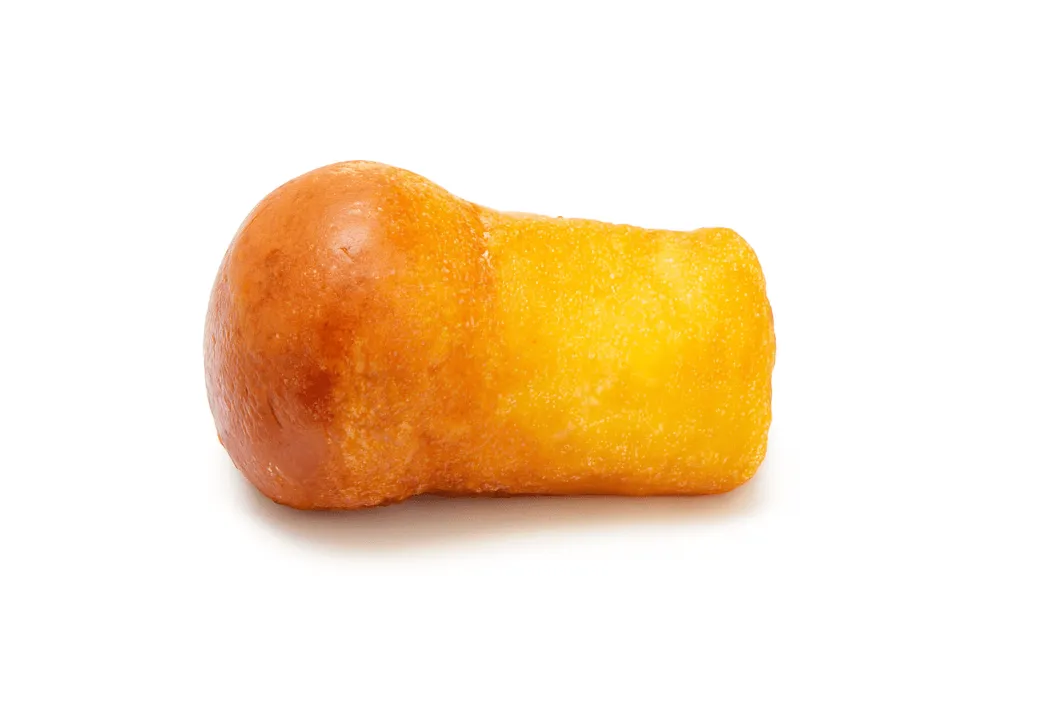 Reflexive verbs
Reflexive verbs
Lesson twenty-two
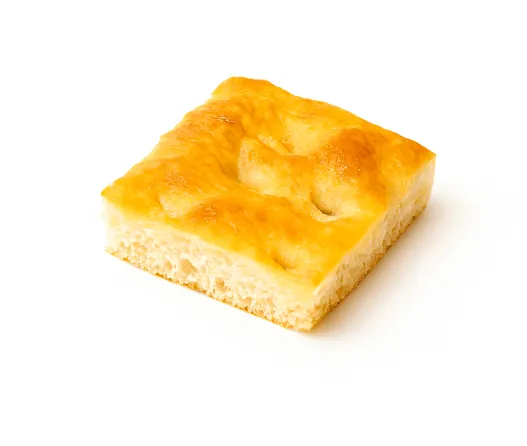 Possessive
Possessive
Lesson twenty-three
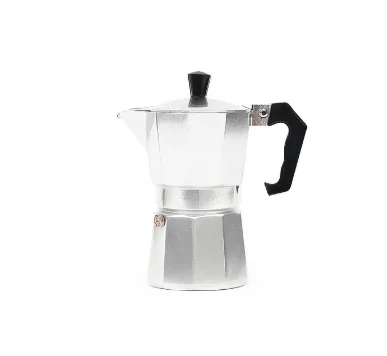 Mi piace
Mi piace
Lesson twenty-four